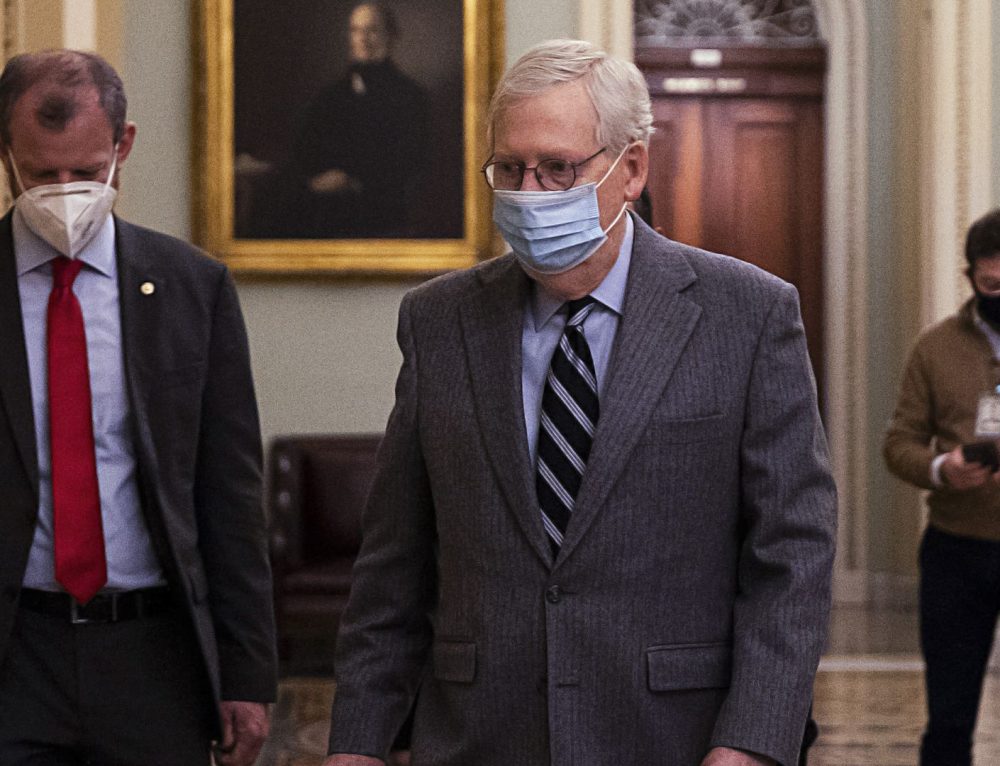Lawmakers have finally agreed to a $900 billion relief fund as the nation is scrambling to administer millions of doses of vaccines to stymie the COVID damage.
Summaries of a new $900 billion relief package to tackle the COVID-19 crisis, which is expected to be passed Monday, indicate that Congress will allocate $20 billion to $22 billion to states to assist with testing and other pandemic mitigation programs. According to both parties, a further $20 billion will be allocated to procure vaccines.
Its central provisions will provide economic relief to households and small businesses, including direct payments of $600 to most Americans, an extra 11 weeks of federal unemployment benefits, and $284 billion for the Paycheck Protection Program.
The legislation comes as the nation is scrambling to administer millions of doses of vaccines to stymie the damage being inflicted by COVID-19. The GOP summary says those vaccines will be “available at no charge for anyone who needs it.”
The package allocates $8 billion to $9 billion to fund vaccine distribution, at least $2 billion more than was provided for in earlier proposals for the bill.
Local public health officials had said that at least $8.4 billion was required to carry out the massive vaccination campaign.
Adequate funding for vaccine distribution is a key priority for President-elect Joe Biden, who has vowed to oversee the administration of 100 million doses of vaccines in his first 100 days in office.
On Monday, the first doses of the second vaccine to be approved by U.S. regulators, made by Moderna, are set to begin being administered. Initial doses of a vaccine made by Pfizer-BioNTech were administered one week ago.
Health officials say they hope to provide vaccinations to as many as 20 million Americans by the first week of January.
Time is of the essence with nearly 3,000 Americans currently dying from the disease on a daily basis. More than 300,000 people in the U.S. have died from coronavirus this year.
The congressional deal came after months of delays from lawmakers over the size and scope of the relief package.
Democrats, who have been arguing for more spending to combat the crisis, have said that the $900 billion deal is only the beginning and that they will push for more legislation once Biden takes office.












